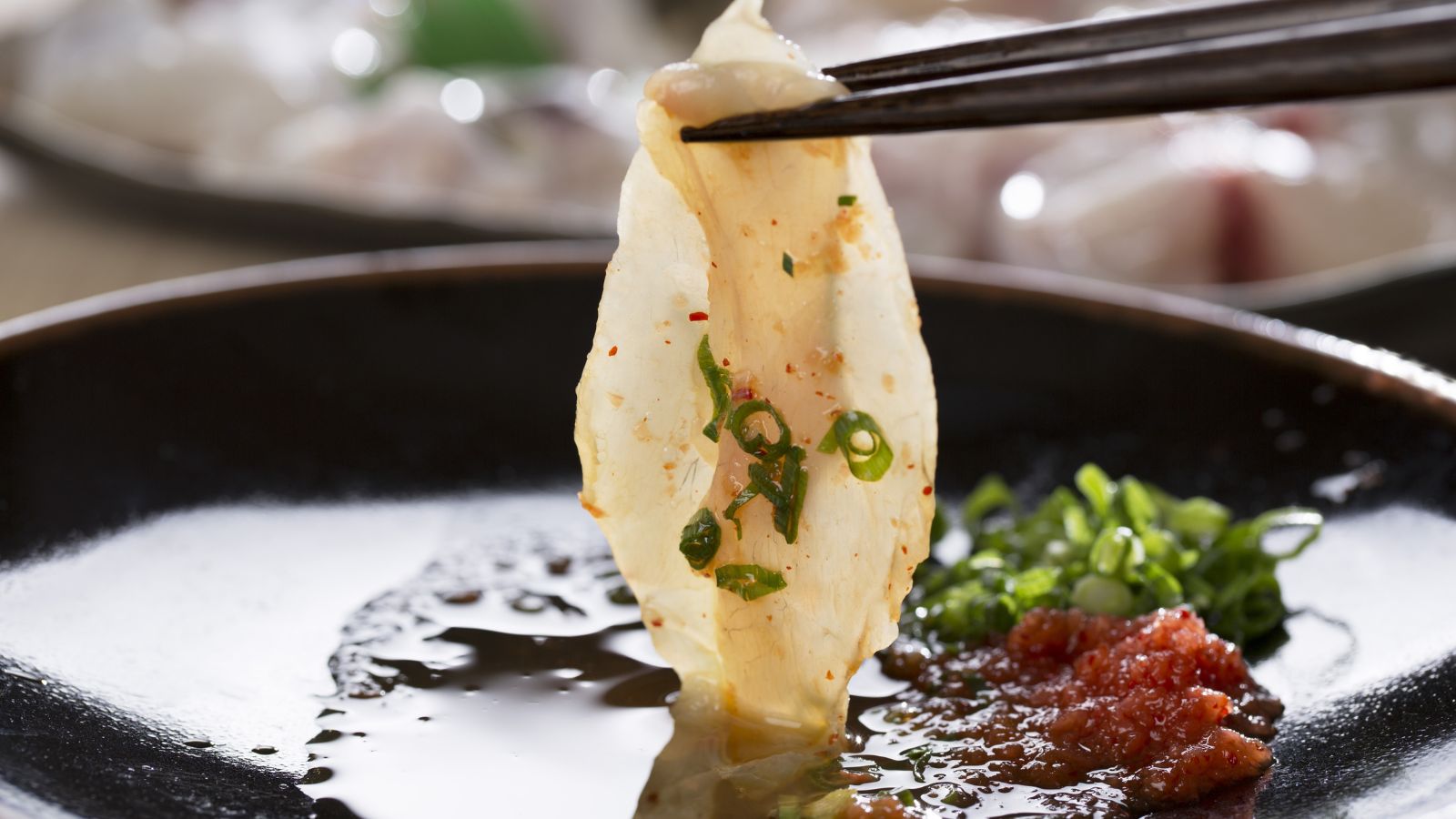The United States has its fair share of quirky bans. It’s anyone’s guess why certain products are deemed unusable for American citizens while the rest of the civilized world deems them safe. From swan and sea turtles to kinder toys, here are 18 things you can enjoy anywhere but within the US. You’ll be grateful for the ban in many cases.
Kinder Surprise Eggs

Who would believe that the delightful chocolate eggs with a surprise toy inside are banned in the US? Seemingly, the FDA considers them a choking hazard for young kids and better kept off the shelves. Meanwhile, across Europe, they’re still selling in the millions, with no reported choking incidents.
Haggis
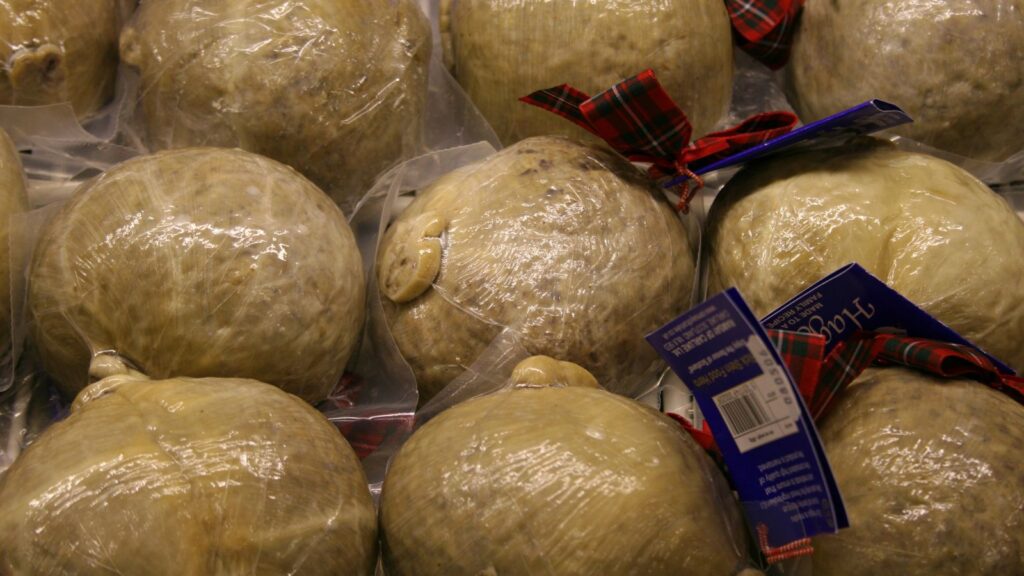
Scottish residents enjoy this staple savory pudding made from sheep’s heart, liver, and lungs, but in the US, sheep lungs are off-limits due to food safety regulations. If you're craving authentic haggis, you'll need to book a flight to Scotland.
Shark Fin
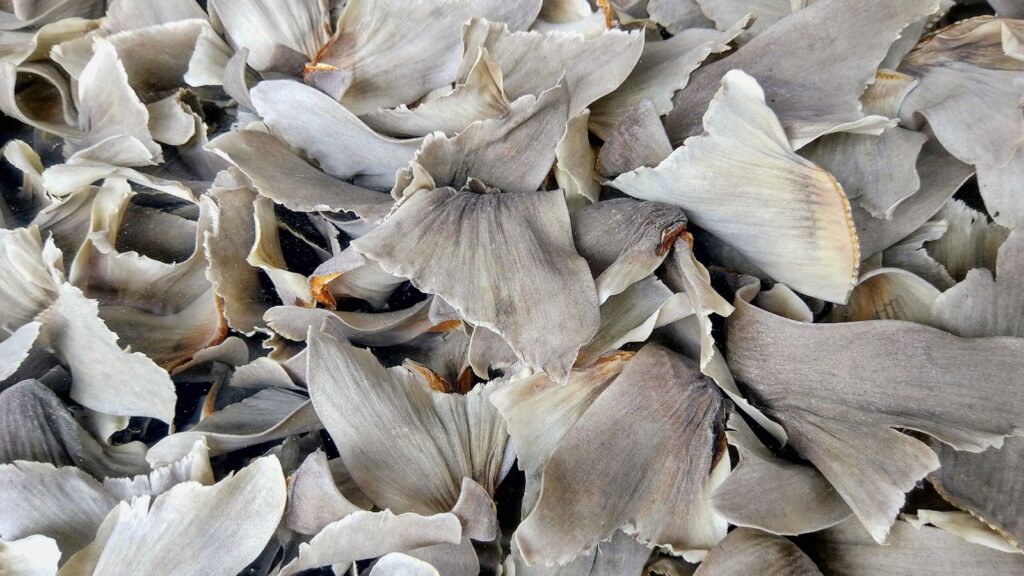
Banned in the US but still available in much of the rest of the world, shark fin is off-limits to sell, trade, or possess in at least 13 states. It is hoped that the US ban will set the precedent and be a leader in the sale of shark fins worldwide. We remain hopeful.
Black Currants
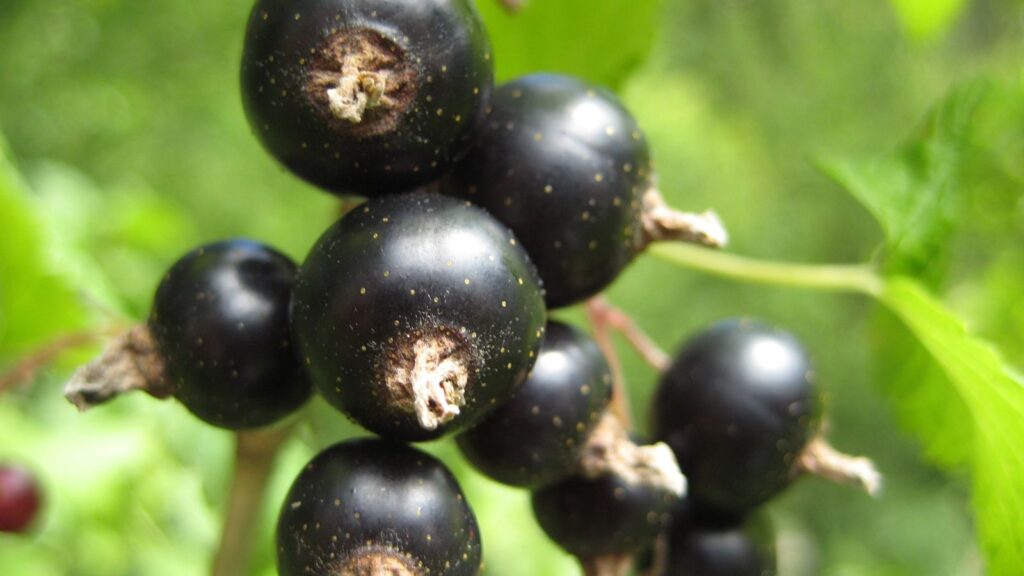
Once banned because they were thought to spread a harmful fungus named white pine blister rust to pine trees, black currants are still restricted in some states. The ban was lifted in 1966, but they have never made their way back into American cuisine. Europeans continue to enjoy them in everything from jams to liqueurs.
Unpasteurized Milk

In many countries, raw milk is a staple, but in the US, it is illegal in several states due to concerns about harmful bacteria. With raw milk still containing many harmful germs such as Salmonella, E.coli, and Listeria, it’s amazing to think that cheese lovers in France would merely shake their heads in disbelief.
Sassafras Oil
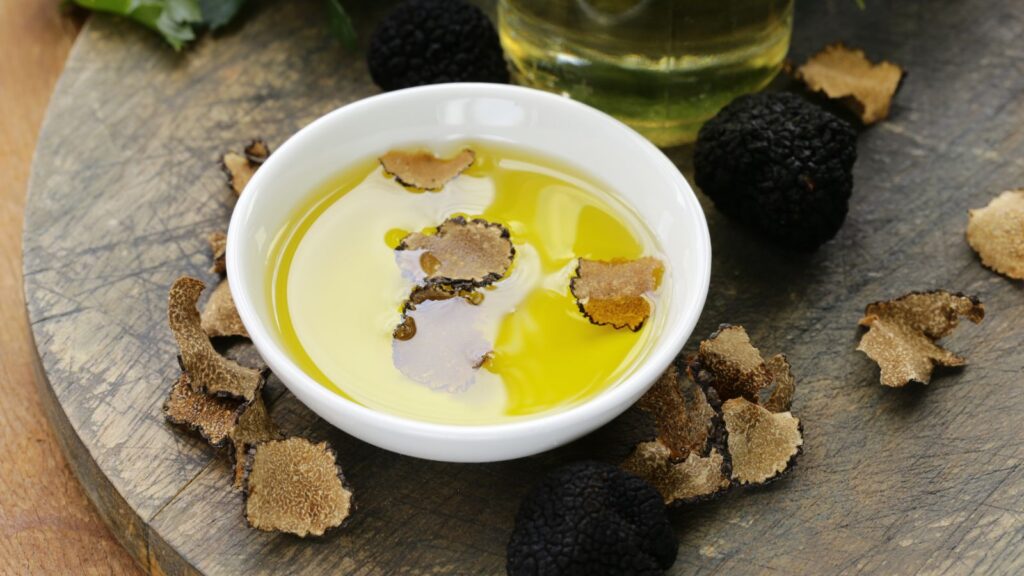
Used traditionally in root beer, sassafras oil has also been successfully used for relief from insect bites, stings, and eye inflammation. It is banned in the US due to its safrole content, which is a potential carcinogen. In other parts of the world, people enjoy sassafras-flavored treats without a second thought.
Foie Gras
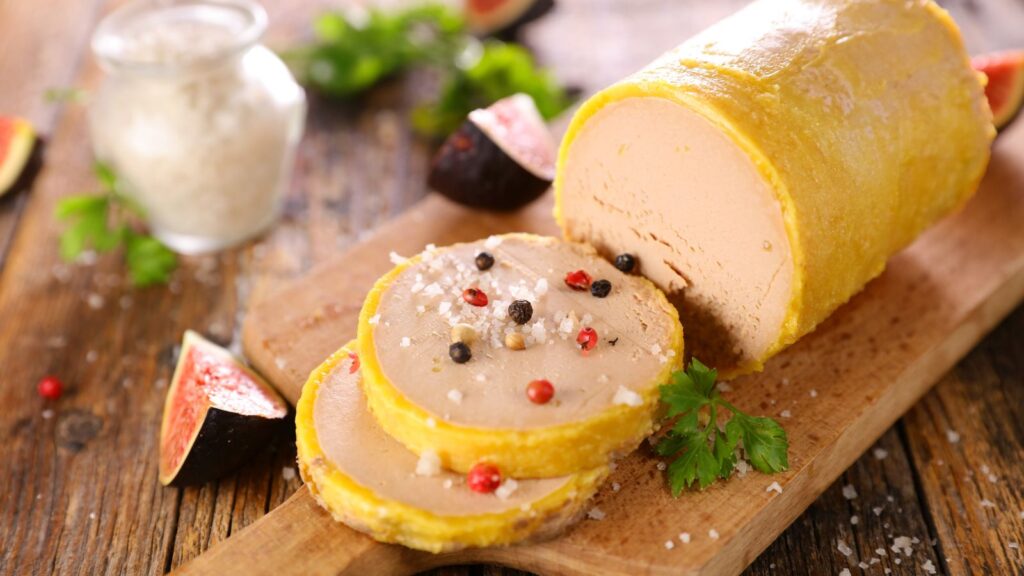
This delicacy, made from the liver of a duck or goose, is banned in several US states due to animal cruelty concerns. The treatment of ducks to produce this dish is entirely unethical, so it’s no surprise that the US has prevented its import. In France, it remains a beloved part of holiday feasts and fine dining.
Absinthe
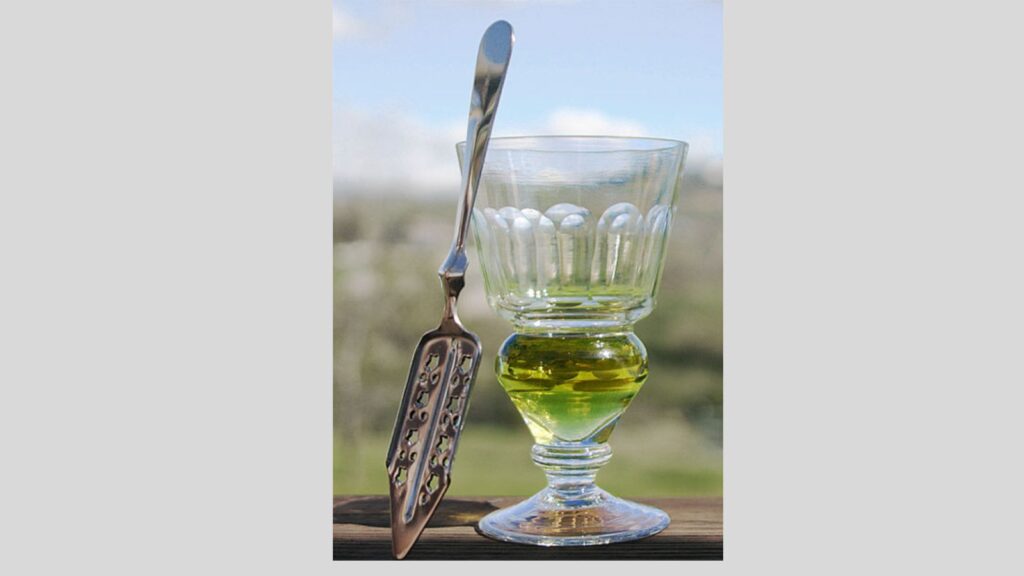
Absinthe is well known for its hallucinogenic properties, though this was largely believed to be a myth and was banned in the US until 2007. Although the ban was lifted, it is still heavily regulated due to its potential side effects on cognitive function. In Europe, you can enjoy it without nearly as many restrictions.
Japanese Puffer Fish (Fugu)
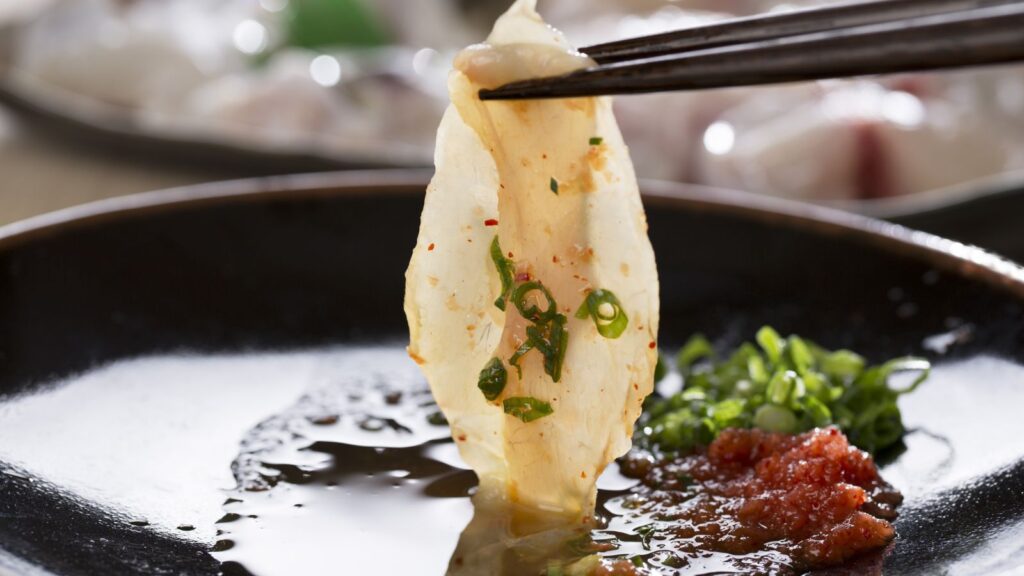
It is known as being 200 times more deadly than cyanide, with the smallest oversight in preparation potentially fatal. While Japanese chefs continue to serve Fugu as a delicacy, this potentially deadly delicacy requires specially trained hands to prepare it safely. The US only allows importation under strict guidelines, whereas, in Japan, adventurous diners regularly risk it all for a taste. Give it a miss.
Sodium Cyclamate

Despite being a popular artificial sweetener in the 1950s, sodium cyclamate was banned in the US in 1970 over cancer fears. It remains popular in many other countries; sweetening drinks and desserts, though, carry a risk of side effects that include headaches, dizziness, or gastrointestinal issues. It sounds like you stand a better chance with a couple of sugars.
Sea Turtles

Sea turtles have long been caught and killed for their meat but have now been given legal protection in the US. Along with the Hawksbill, Leatherback, and Kemp’s Ridley, they are protected under the Endangered Species Act. Far Eastern countries such as Malaysia, Taiwan, China, and Singapore are big lovers of sea turtle soup though many in the West fail to see the attraction.
Chilean Sea Bass
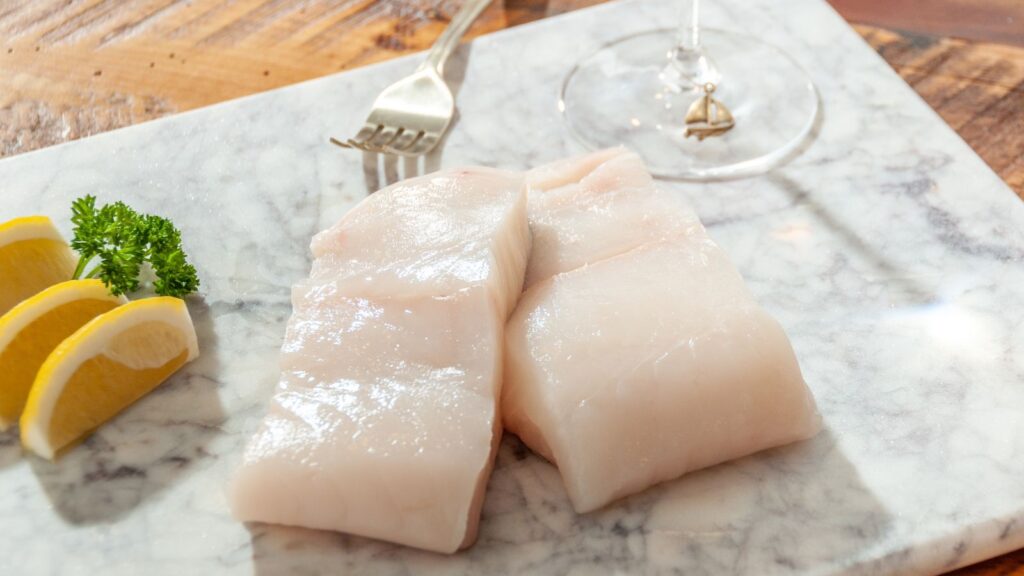
Due to the vast popularity of this Chilean sea bass, overfishing concerns have led to strict regulations and bans in the US. There are still issues of legal importing, but the US government remains vigilant. Due to it being a sought-after delicacy with great health benefits, it is still popular in many parts of the world.
Ackee Fruit
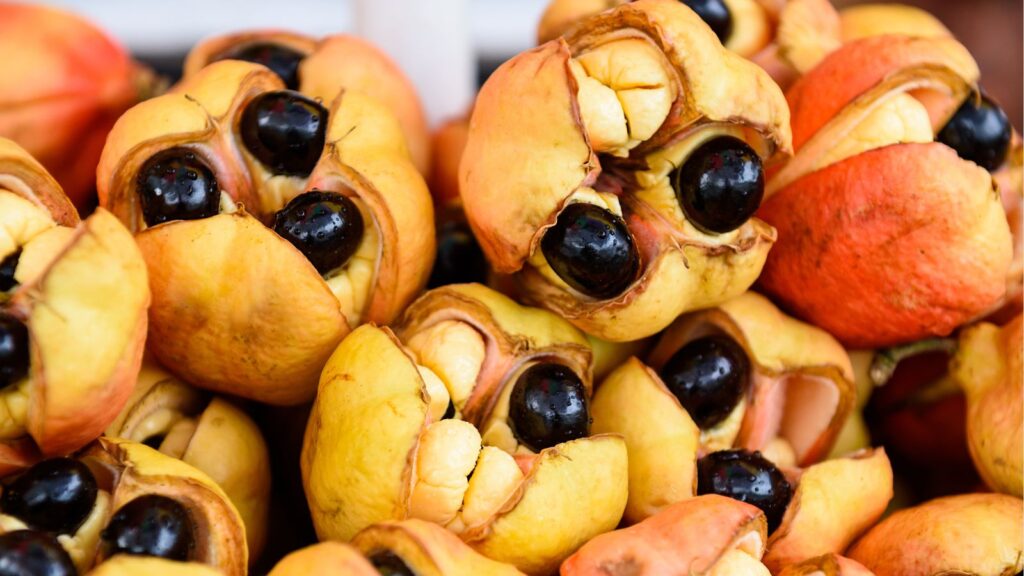
The FDA has banned Ackee fruit in the US as it can be toxic if eaten in large quantities. Native to South Africa, it contains Hypoglycin A, which poses a major health risk. While they aren’t available commercially or in grocery stores, they are sold by non-FDA-approved sellers at a customer’s own risk. We’d recommend that you don’t chance it.
Swan

It’s good to hear that the US has placed a ban on eating swan. Native to North America, certain swans, such as the trumpeter and tundra, are now an endangered species. It was once believed that the Queen of England ate swan regularly, but this has largely gone down as a myth in recent times. We champion the Americans for their grand efforts.
Casu Marzu
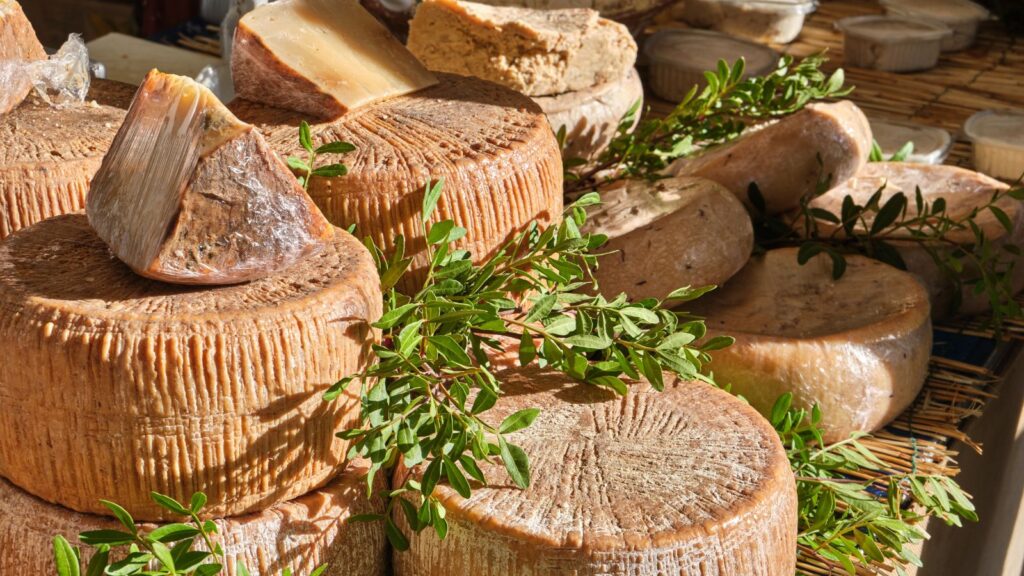
This Sardinian cheese, infested with live maggots, is banned in the US for obvious health reasons. It is considered highly dangerous to consume, with larvae present in the cheese able to jump up to 15cm. It belies belief to see how anyone could enjoy such a culinary nightmare, but Sardinians have been eating it for hundreds of years without issue.
Horse Meat
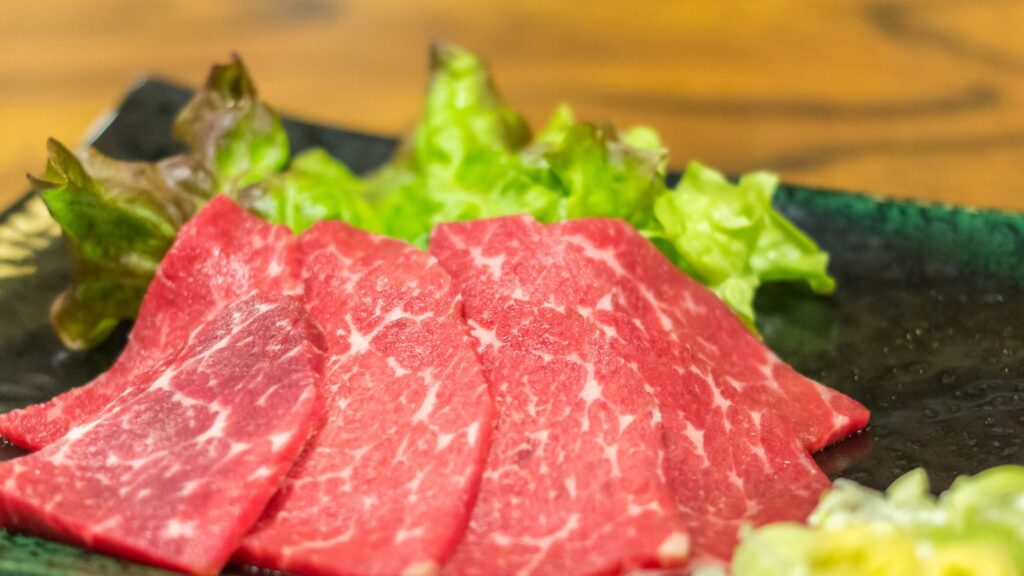
While eating horse meat is not illegal, selling horse meat for human consumption is. Not only is the slaughter of horses for meat inhumane, but it also isn’t safe for human consumption. Yet, in countries like France, Belgium, and Japan, horse meat is considered a delicacy and enjoyed without controversy. We’re with the Americans, especially after falling in love with Seabiscuit.
Ortolan

This tiny songbird is consumed in a secretive ritual in France, where diners traditionally cover their heads with napkins while eating it. It is banned in the US due to animal cruelty laws, largely based on the unethical preparation of the bird. In France, it is classed as a rare, albeit controversial, gourmet experience.
Sucrol

Sucrol was previously widely used as a calorie-free alternative to sugar until it turned out to be carcinogenic. It stopped being available during the 1950s, when it was considered to be a major health risk. We’re not too sure why it’s deemed to be okay in other parts of the world, however.
30 Traditional Sayings That Are Now Considered Offensive by Woke Culture

30 Traditional Sayings That Are Now Considered Offensive by Woke Culture
21 Habits Often Associated With Having a Lower Social Status

21 Habits Often Associated With Having a Lower Social Status
25 Social Issues Gen Z are Determined to Cancel

